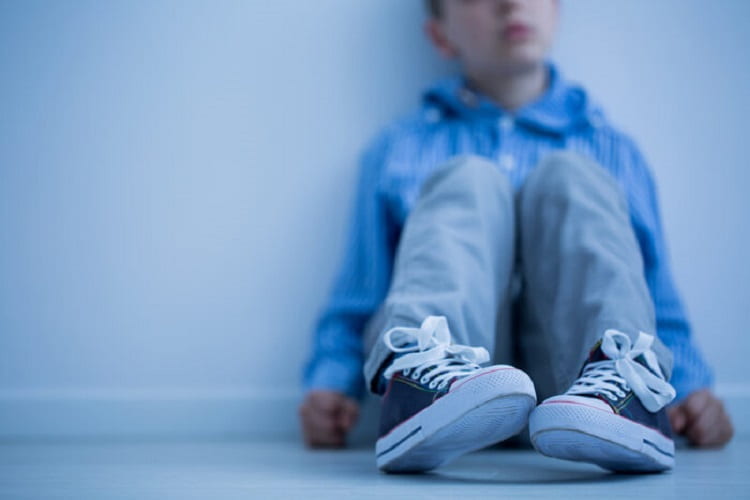Researchers at Washington University School of Medicine in St. Louis and Stanford University have identified a biomarker in newborns that may signal autism spectrum disorder months or even years before troubling symptoms develop and such diagnoses typically are made.
The researchers found that babies diagnosed with autism later in childhood had in their cerebrospinal fluid, as infants, very low levels of a neuropeptide associated with the disorder.
Experts believe the earlier a child is diagnosed with autism spectrum disorder, the sooner interventions can be started to help curb the negative effects of the disorder, such as social and communication challenges. However, autism is not easily identified before symptoms appear because there are no blood or genetic tests that can flag the condition.
“Autism currently is diagnosed behaviorally, mainly in children ages 2 to 4 years old, but these new findings suggest we might be able to better predict which newborns will go on to develop the disorder as children,” said co-senior investigator John N. Constantino, MD, director of the Division of Child and Adolescent Psychiatry at Washington University. “This neuropeptide biomarker long predates clinical symptoms, and if confirmed, it could allow us to begin interventions much earlier in children who will go on to develop problems, further opening the possibility of pharmaceutical strategies to increase neuropeptide levels and, potentially, to prevent some problems associated with autism.”
The new study is published the week of April 27 in the Proceedings of the National Academy of Sciences.
For this study, the researchers examined cerebrospinal fluid samples collected during from a large cohort of feverish newborns cared for at St. Louis Children’s Hospital two decades ago. The scientists determined that babies whose samples had very low levels of the neuropeptide were significantly more likely to be diagnosed with autism later in childhood.
Neuropeptides are short chains of amino acids. Levels of the neuropeptide identified in the study — arginine vasopressin — already are suspected to be lower in children with autism.
